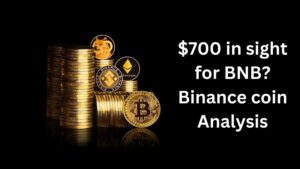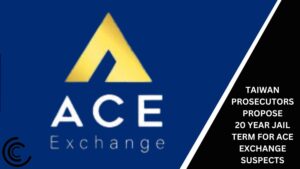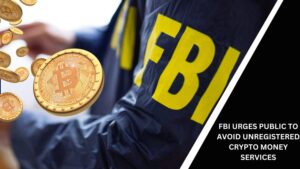Key Takeaways
- The study highlights that the simplicity of Uniswap, coupled with its lack of regulation, makes it easy for scammers to list non-valuable tokens on Uniswap.
- The study identifies Unicrypt as the base for rug pulls-745 tagged tokens employ Unicrypt, and 725 are labeled malicious.
One of the largest decentralised exchanges, Uniswap, has now come under negative publicity. As per the latest study,97% of the crypto projects launched on Uniswap are rug pulls. Rug pull is a scam in which a developer lure investors to a new crypto project, then later pull out before the project is built, leaving investors with only a worthless currency.
The study examined 27,588 tokens listed on the platform; 631 of the tokens were deemed non-malicious, while an astounding 26,957 were deemed malicious. A total of 24,870 malicious tokens were deemed fast rug pulls, while 2,087 are not LP Burns. Burning LP tokens involves sending them to the Ethereum genesis address. This is the first address on the Ethereum blockchain to which no one has private keys, indicating all tokens sent to the address are lost permanently.
The study conducted by Victor Adan, Bruno Mazorra, and Vanesa Daza point out that the simplicity of Uniswap, coupled with its lack of regulation, makes it extremely easy for scammers to list non-valuable tokens on Uniswap.
“If a token loses all its liquidity or its price drops to zero, and these levels are never recovered, then the probability that the falls are due to malicious intent increases,” a sentence from the study named “Do Not Rug On Me: Zero-Dimensional Scam Detection “reads.
The researchers used an Infura archive node and the Etherscan API to collect transaction data for all the tokens listed on Uniswap V2 between April 5, 2020, through September 3, 2021. The study further found that “90% of tokens using locking contracts tend to become a rug pull or a malicious token eventually.”
The research paper further goes on to identify Unicrypt as the base for rug pulls. Unicrypt is a protocol that operates on top of the Uniswap protocol that aims to provide a partial solution to rug pulls. The report empirically shows that the majority of Unicrypt tokens are malicious.
As per the study findings, 745 tagged tokens employ Unicrypt, 725 are labeled malicious, and 20 are labeled non-malicious. Based on these predictions, 2211 of the 2544 unlabeled Unicrypt tokens are projected to be malicious, whereas 333 are predicted to be non-malicious.
Uniswap, launched on November 2018, has also recently been dealing with a surge in phishing attacks on the platform. Earlier this year, over $4.7 million worth of Ether was stolen in Uniswap’s fake token phishing attack.










